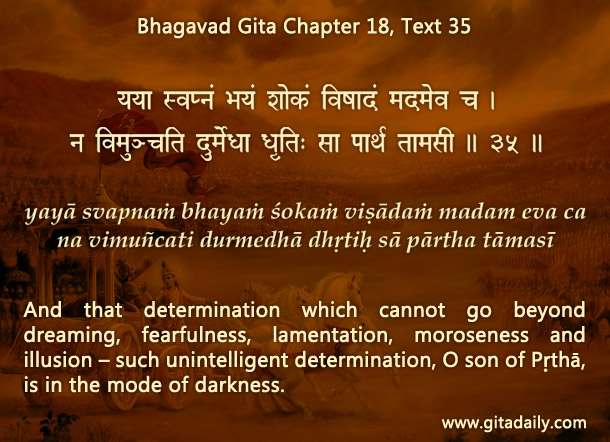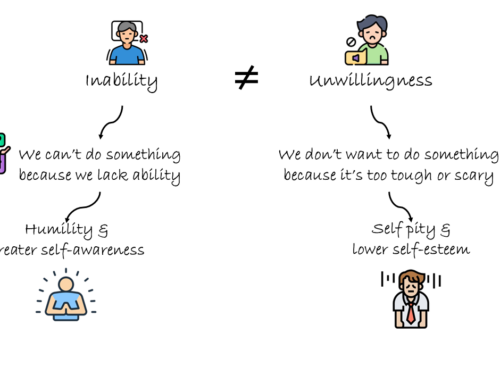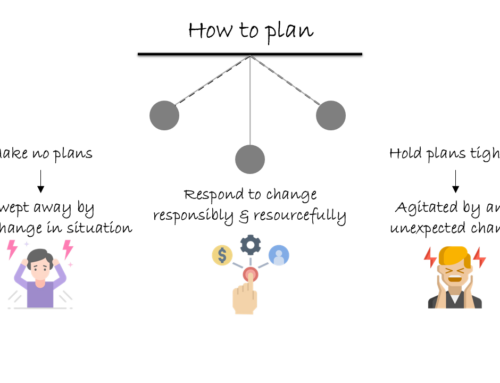When someone dies because of unknown causes, legal authorities often do a post-mortem operation to determine the cause. Similarly, in our life, when things go wrong because of unknown causes, we can retrospect to learn from the reversal.
However, while doing such retrospection, we need to vigilantly watch our mind, lest it start lamenting about the past instead of learning from it. It may keep agonizing, “Why did he do like that?” “Why did she say like that?” “Why did that have to happen at that time?” Sometimes, we may be too close in time or emotion to have an objective perspective. Consequently, whenever we try to learn from the past, our mind may just go into a perpetual auto-replay mode, in which each replay of the misfortune makes us feel worse without giving any constructive understanding. The Bhagavad-gita (18.35) cautions us against such pointless lamentation and habitual moroseness by deeming it as self-defeating stubbornness, as determination in the mode of ignorance.
If we find ourselves lamenting about the past instead of learning from it, we need to stop ourselves by remembering that life is too short to be wasted in replaying the past. Wherever we may have erred yesterday, today is a fresh day – we needn’t err today by wasting it in agonizing over yesterday’s errors.
Bhakti wisdom inspires us to put the past behind us by stressing that Krishna can bring out good even from the bad, provided we cooperate with him by persevering in our service to him. If we keep serving him with optimistic faith, we may in due course see how the problem helped in our growth. Even if we don’t see that, still our determined service to Krishna will ensure that our future becomes brighter.
To know more about this verse, please click on the image
Explanation of article:
Podcast:






Leave A Comment